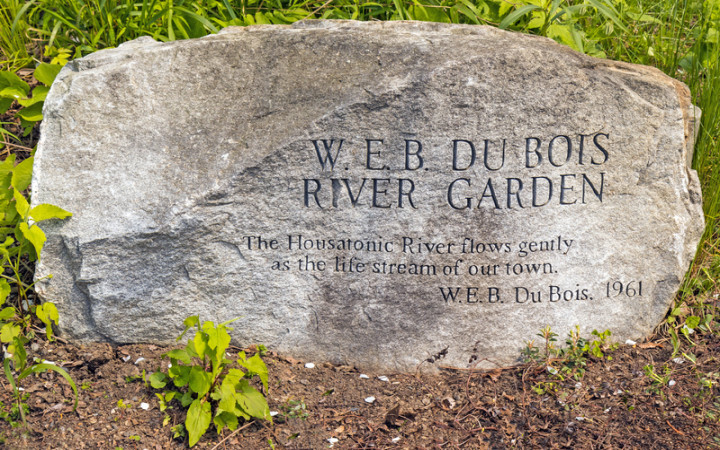Today’s Wonder of the Day was inspired by Sophie. Sophie Wonders, “Who was W.E.B. Du Bois?” Thanks for WONDERing with us, Sophie!
Have you ever felt that something was unfair? What did you do about it? Our Wonder of the Day today is about W. E. B Du Bois—a man who saw unfairness in how Black people were treated, and worked his whole life to solve the problem. Are you WONDERing who W. E. B. Du Bois was? Keep reading!
W. E. B. Du Bois was born in Massachusetts in 1868. (His full name was William Edward Burghardt Du Bois.) Du Bois was the first person in his family to go to high school. Then, he went on to college. He studied at Fisk University, which was a school for Black people. After he graduated, he wanted to keep learning. He earned more degrees from Harvard. In 1895, he earned his Ph.D. in History from Harvard. He was the first African American to earn a Ph.D. there.
Du Bois first worked as a researcher and sociologist. A sociologist is someone who studies how groups of people live and work together. He wanted to use his education to help Black people in America. At first, he studied different groups of Black people. He wrote reports about what their problems were and ways to help them.
He also wrote a very famous book called The Souls of Black Folk. In this book, he tells readers what it is like to be Black in America. One of the essays in the book tells how his son died. When his son was very ill, no white doctor would treat him. Du Bois wrote that he was glad that his son would never need to know racism. The book also introduced the term “double consciousness.” This means that Black people have to think about how they see themselves and, at the same time, how others (especially white people) see them. The Souls of Black Folk was very important at the time, and it still is today.
Du Bois felt that he, and other Black people, needed to demand equal rights. He protested against lynching, unequal laws, and discrimination. These laws were called “Jim Crow” laws. They made it so that Black people were separated in schools, the military, and most other areas of life and work. Discrimination means that Black people were treated worse than white people. Other Black thinkers at the time, like Booker T. Washington, also wanted better treatment. But they had different ideas of how to achieve that. They felt that Black people should work toward equality through education and paid work.
In 1910, Du Bois helped form the National Association for the Advancement of Colored People (NAACP). This group worked toward equality for Black people in America. Du Bois edited the group’s magazine. He wrote about Black issues, culture, and more for many years. He also continued to write other books.
Du Bois was interested in Black people around the world. He felt that all people of African heritage could work together to achieve freedom for all. This idea is called Pan-Africanism. He had other ideas that some in the U.S. government thought were dangerous. In fact, in 1951 Du Bois was charged with being a “foreign agent,” or spy. A judge dismissed the charges. But the government took his passport so that he could not leave the country. Du Bois became unhappy living in America.
When he got his passport back after eight years, Du Bois and his wife traveled the world. An African leader, Kwame Nkrumah, invited him to live in Ghana. Du Bois lived in Ghana the rest of his life, until he died in 1963.
W. E. B. Du Bois worked his whole life to make America, and the world, better for Black people. What will YOU do to make the world a better place?
Standards: CCRA.R.1, CCRA.R.2, CCRA.R.3, CCRA.R.4, CCRA.R.10, CCRA.L.3, CCRA.L.4, CCRA.L.5, CCRA.L.6, CCRA.W.3, CCRA.W.5, CCRA.W.7, C3.D2.His.4, C3.D2.His.5




